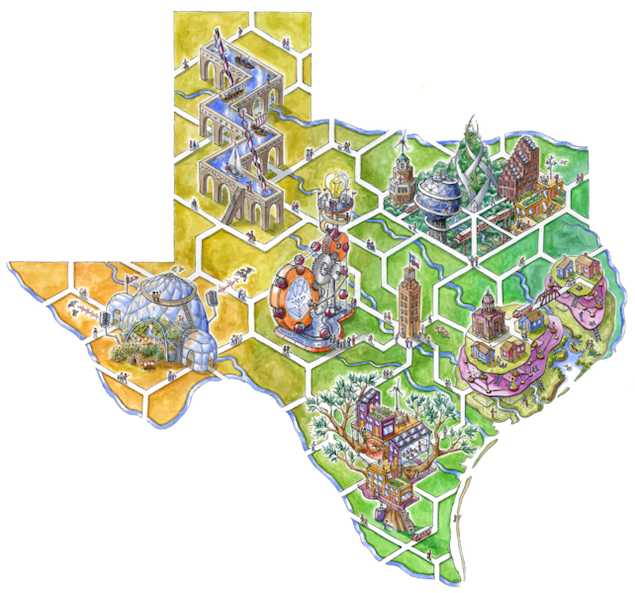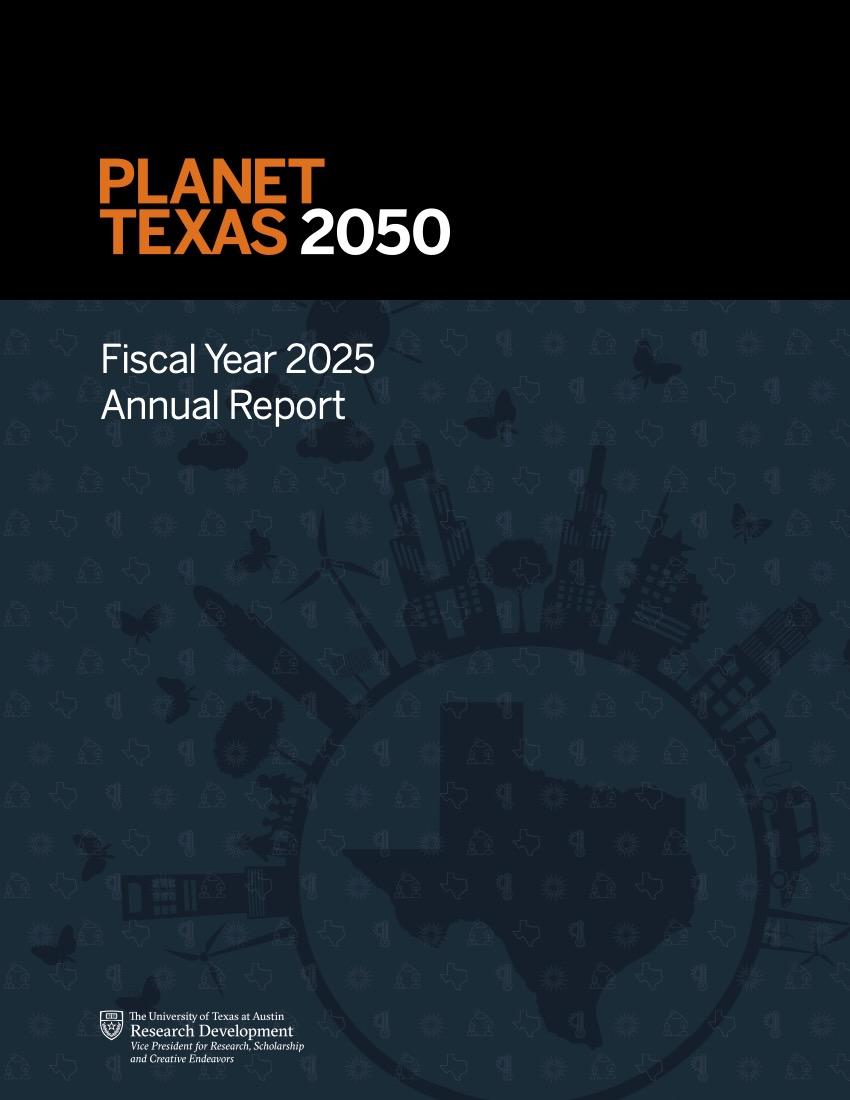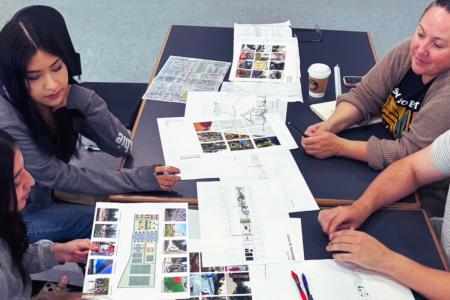
Making Texas resilient is our grand challenge.
The compounding and cascading challenges driven by climate change and rapid population growth will bring more floods, more droughts and more heat affecting more people across Texas and beyond. In order to thrive, we need innovative strategies to equitably adapt to these new realities and to mitigate negative impacts our communities.

Solutions to Thrive
In Texas and around the globe, the looming realities of climate change combined with rapid population growth and increased resource demand pose complex challenges to our communities, our ecosystems, and our economic stability.
Texas’ current growth rate is more than double that of the U.S. By 2050, the population is expected to reach 40 million, with most people clustered in urban centers including Dallas-Fort Worth, Houston, San Antonio, and Austin. Limited resources like water and energy will be in greater demand, while our critical infrastructure and diverse ecosystems sustain additional stress. At the same time, we face compounding threats from extreme heat, inland and coastal flooding, wildfire, drought, infectious disease spread, and other hazards.
Planet Texas 2050’s interdisciplinary research teams—which include architects, archaeologists, city planners, public health experts, geologists, engineers, biologists, computer scientists, artists and many community-based partners—are on an eight-year sprint to design solutions that will make our communities stronger, more resilient, and better prepared for current and future challenges. What we discover together will have applications that extend far beyond our region. We’ll share our findings, tools, and processes with researchers across the U.S. and the world who are facing similar challenges in the 21st century.
Planet Texas 2050’s mission is to advance interdisciplinary research on resilience and to co-design adaptative strategies with stakeholders and frontline communities in Texas.






